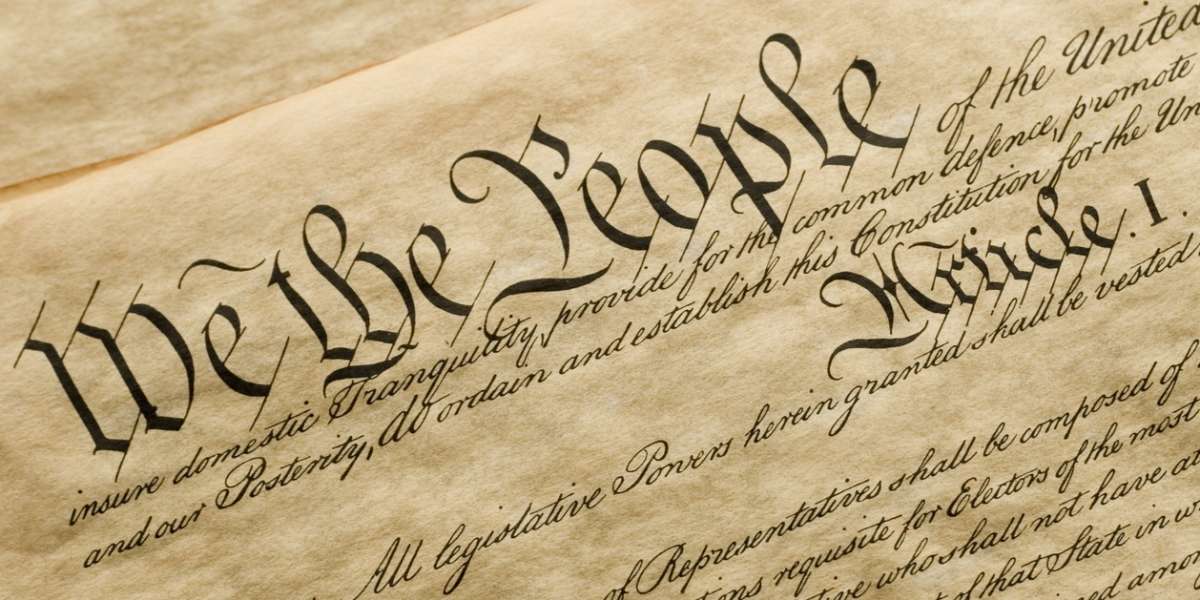Government Documents

In law and government, primary sources are vitally important; they are quite literally the letter of the law by which governments operate. This has been the way for thousands of years, as various civilizations have written up their legal codes and issued decrees to their subjects. We've gathered here a bevy of sources about law and government in the U.S. and internationally, to better inform readers about how and why governments do what they do.
Anti-Federalist Papers
The Anti-Federalist Papers are a collection of letters and arguments made by opponents of the U.S. Constitution. These prominent thinkers raised concerns with the document and the ratification proceedings, both ethical and practical. In the centuries since the Constitution was ratified, different political groups have referred back to the Anti-Federalist Papers for their keen insight into some of the potential weaknesses and limitations of the Constitution; most notably, they influenced the passage of the Bill of Rights.
Common Sense
Common Sense is a massively influential pamphlet by American thinker Thomas Paine. The pamphlet outlined the "common sense" principles that underlaid American government and the push for independence from Great Britain. Revolutionaries publicly read the pamphlet across the country, and it was perhaps the most powerful tool for rousing the public to fight for independence.
The Courts
The Supreme Court has heard a lot of cases in its vaunted history. The opinions of the court inform how we understand and implement laws in the United States. The Supreme Court has both established "separate but equal" and struck down public segregation. The court even gave itself the power to do so in Marbury v. Madison. We've collected a bunch of important records of the Supreme Court as a valuable reference on U.S. law.
The Constitution
The U.S. Constitution, as it explains in its sixth Article, is the supreme law of the land in the United States. It is the basis of the U.S. government, its practices, and is what gives the government its authority to pass laws and act for the public. Study of the Constitution is a career in itself, but anyone can study their rights and the limits of U.S. government authority.
The Federalist Papers
The Federalist Papers are some of the most influential documents in U.S. political history, as they spearheaded the adoption of the Constitution back in 1789. They outlined the rationale and principle behind the articles of our Constitution, and explored how the document could adapt to different challenges and situations. They remain a good first stop on the road to understanding U.S. government.
Presidential Speeches
The presidents give a lot of speeches. Inaugural addresses, State of the Union addresses, and other addresses as the need arises. These speeches give us a great insight into the beliefs and practices of different administrations, as well as inform us about different moments of U.S. political history. Some, like the farewell addresses of Washington and Eisenhower, even continue to influence the way we talk about politics today.
The United Nations
Certain conventions of the United Nations act as the basic principles of international law. From the Convention Against Torture, to the Universal Declaration of Human Rights, to the International Law of the Sea, UN-mediated talks have proved crucial in establishing norms and standards between nation, and continue to guide foreign policies today.
Miscellaneous Documents
Lots of influential documents don't really fall into these neat buckets, or they are singularly important. For example the Declaration of the Rights of Man had a cultural impact on the political culture of the United States, but doesn't warrant its own category. This is the bucker for the "everything else" of powerful and important writing.







